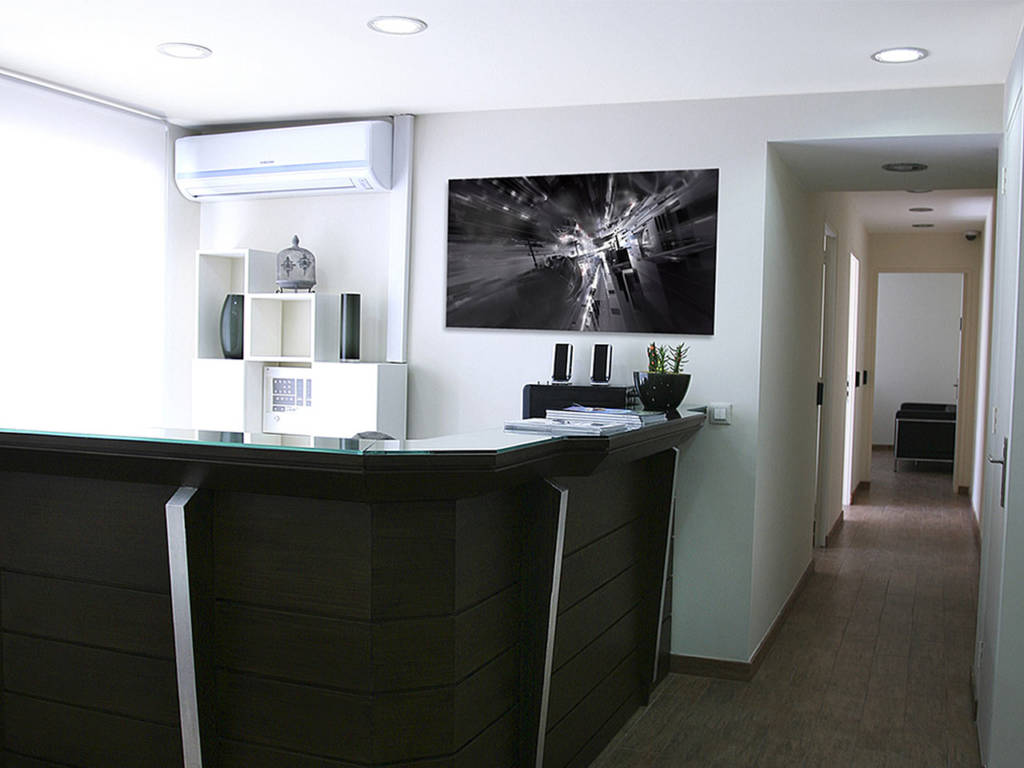In the modern business world, virtual offices have become a popular solution for entrepreneurs and small businesses seeking flexibility and cost savings. However, when considering virtual offices in Delaware, it is crucial to understand the legalities surrounding their use. In this article, we will explore the legality of virtual offices in Delaware, highlighting their benefits while addressing any potential legal considerations.
Understanding Virtual Offices:
A virtual office is an alternative workspace arrangement that allows businesses to have a professional address and phone number, without the need for physical office space. Virtual office providers offer services such as mail forwarding, call answering, and meeting room facilities, allowing businesses to establish a presence and conduct operations remotely.
The Legality of Virtual Offices in Delaware:

Virtual offices in Delaware are legal and widely accepted for various business purposes. However, it is important for businesses to comply with local regulations and understand any restrictions that may apply. Here are key considerations when assessing the legality of virtual offices in Delaware:
- Compliance with Delaware Laws:
Adherence to Delaware’s laws and regulations is essential when setting up a virtual office. Businesses must ensure that their use of virtual office services aligns with the legal requirements set forth by the state. It is prudent to consult legal professionals or business advisors familiar with Delaware’s specific regulations to ensure compliance.
- Registered Agent Requirement:
Delaware law mandates that every legal entity registered in the state must have a registered agent with a physical address in Delaware. A registered agent is responsible for receiving legal documents, such as lawsuits and official government correspondence, on behalf of the business. While a virtual office can serve as a registered agent’s address, it is important to ensure the virtual office provider is authorized to act as a registered agent in Delaware.
- Business Activities:
Virtual offices are often suitable for businesses engaged in various sectors, including remote work, digital services, and e-commerce. However, businesses operating in certain regulated industries, such as banking or healthcare, must comply with additional licensing and operational requirements. It is crucial to determine whether a virtual office aligns with Delaware’s regulations and restrictions specific to the business activities being conducted.
Benefits of Virtual Offices in Delaware:
- Professional Image:
A virtual office provides businesses with a professional address in a prestigious location, enhancing their credibility and reputation. This is particularly valuable for startups and small businesses aiming to establish a strong presence.
- Cost Savings:
Virtual offices offer significant cost savings compared to traditional office spaces. By eliminating the need for physical premises, businesses can allocate resources to core activities while minimizing overhead expenses.
- Flexibility and Mobility:
With a virtual office, businesses can operate remotely and maintain a flexible work environment. Entrepreneurs and employees have the freedom to work from anywhere while maintaining a professional address in Delaware.

- Administrative Support:
Virtual office providers often offer administrative support services, including mail handling, call answering, and access to meeting rooms. This allows businesses to focus on their core operations while delegating administrative tasks to the virtual office provider.
- Business Expansion:
Virtual offices can facilitate business expansion into new markets. By establishing virtual offices in different locations, businesses can establish a local presence without the need for physical relocation.
Conclusion:
Virtual offices in Delaware are legal and provide numerous benefits for businesses seeking flexibility, cost savings, and a professional presence. By complying with Delaware’s laws and regulations, including the registered agent requirement, businesses can leverage virtual offices to enhance their operations and reputation. As with any business decision, it is advisable to seek legal guidance to ensure compliance and make informed choices regarding virtual offices in Delaware.











